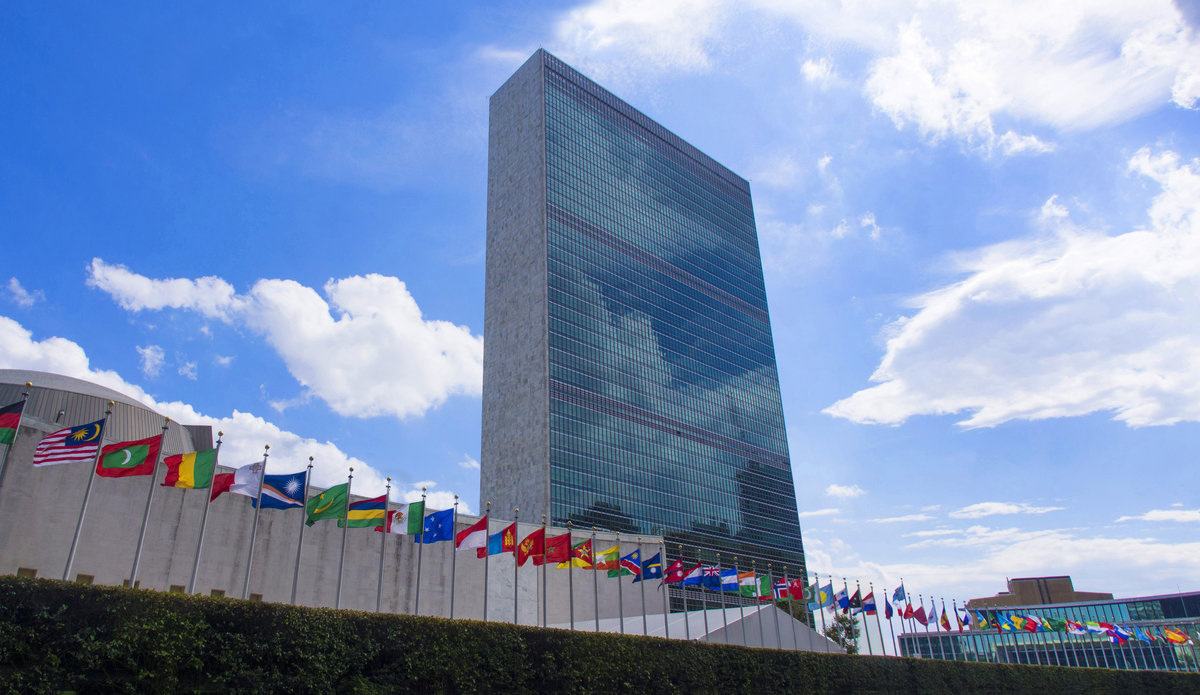 |
| The UN building in New York City |
The UN is an intergovernmental organization whose mission is international peace and security that was created at the end of WWII. They include several other smaller organizations that have a focus on different aspects of security and preservation; some of these organizations include the WHO (World Health Organization), UNESCO (United Nations Educational, Scientific, and Cultural Organization), UNICEF (United Nations International Children’s Emergency Fund), World Food Programme, World Bank Group, and others. Its main headquarters are located in New York City, but there are other offices around the world, depending on its function. The head of the UN is the Secretary-General, elected to 5-year terms; the current Secretary-General is António Guterres from Portugal (elected in 2017).
I want to make a mention of some of these areas that have claimed some autonomy or independence but aren’t really recognized globally.
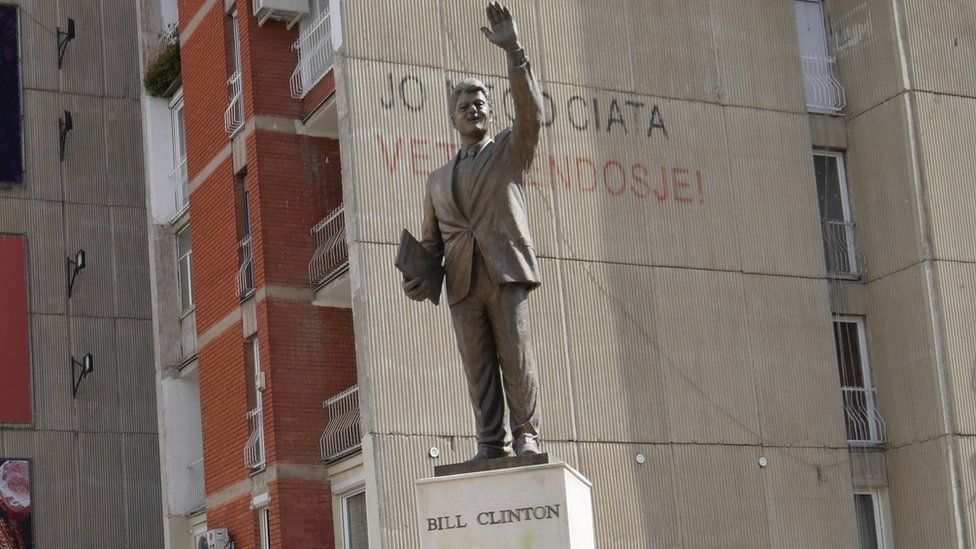 |
| Bill Clinton statue in Kosovo |
Kosovo
- Declared its independence from Serbia in 2008, but Serbia still lays claim to it
- Recognized as a country by 98 UN Members
- Capital - Pristina is the official capital, although Prizren is the historical capital
- Official languages - Albanian, Serbian
- Fun fact - There’s a statue of Bill Clinton in Kosovo after he visited the country in 1999, and Britain’s Tony Blair is practically considered a national hero after he helped save some of the people during their war in 1998-99.
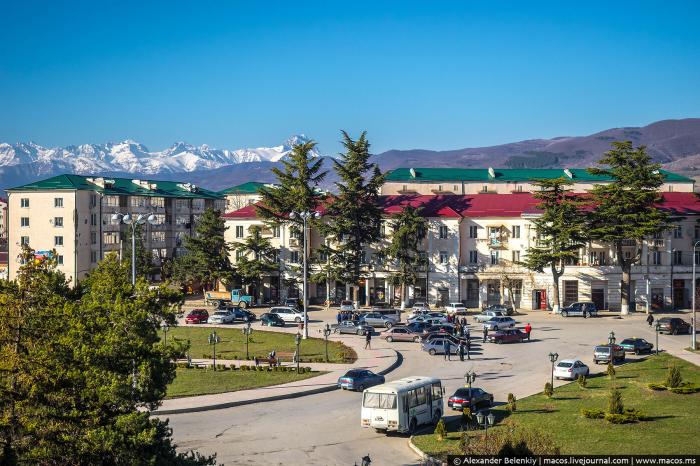
Tskhinvali
South Ossetia
- Broke off of Georgia in 2008, but Georgia doesn’t recognize it.
- Recognized as a state by Russia, Venezuela, Syria, Nicaragua, and Nauru.
- Capital - Tskhinvali
- Official languages - Ossetian, Russian, Georgian
- Fun fact - The name of their capital literally translates to “land of the hornbeams,” which is a type of hardwood tree related to birches. The wood is used for a variety of purposes, including tool handles, piano actions, pegs, parquet flooring, shoe lasts, and chess pieces.
This bad boy is possibly one of the oldest wine jugs in the world.
Abkhazia
- Declared its independence from Georgia in 1999 but was first recognized internationally in 2008
- Recognized as a state by Russia, Venezuela, Syria, Nauru, and Nicaragua
- Capital - Sukhumi
- Official languages - Abkhaz, Russian
- Fun fact - Abkhazia is home to the second deepest cave in the world. Discovered in the 1960s, Krubera is 7208 ft deep - that’s about 1 ⅓ miles deep! People have also found giant 8000-year-old jugs used for wine in some of these caves in Abkhazia.

We Are Our Mountains
Nagorno-Karabakh, or Artsakh Republic
- Recognized as part of Azerbaijan, but both Azerbaijan and Armenia have been discussing the area since 1994. However, they entered a new war in late 2020.
- It’s not recognized by any UN member state, but only by other disputed areas (Transnistria, Abkhazia, and South Ossetia)
- Capital - De facto capital is Stepanakert
- Official languages - Main languages are Armenian, Azerbaijani
- Fun fact - There’s a large sculpture that was created in 1967 called We Are Our Mountains. Made of volcanic tufa rock, it depicts an old man and old woman and is supposed to represent the mountain people of Karabakh.
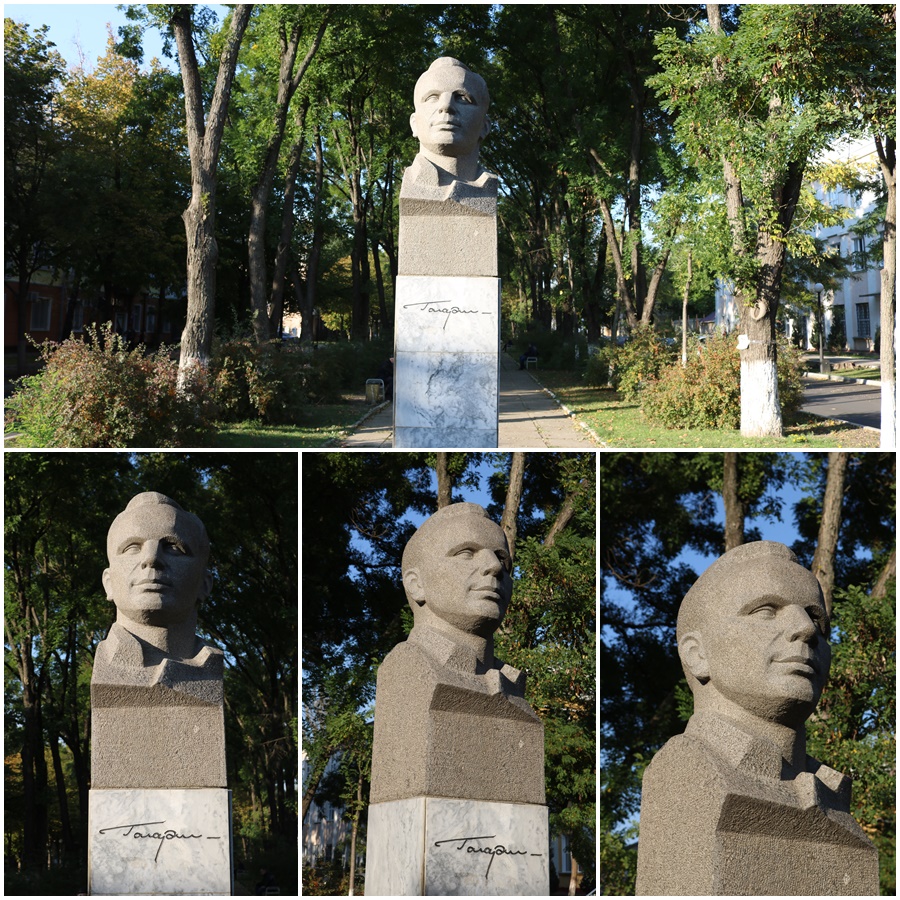
To check out more of statues of Lenin in Moldova and Transnistria, check out the blog called Deano's Travels.
Transnistria, or The Pridnestrovian Moldavian Republic
- Considered part of Moldova, it lies between the Dniester River and the Ukrainian border.
- Not recognized by any UN states, except for other disputed areas (Abkhazia, Artsakh, and South Ossetia)
- Capital - Tiraspol
- Official languages - Russisan, Moldovan, Ukrainian
- Fun fact - Apparently, the largest bust of Lenin is found in the countryside outside of Tiraspol.

The flag of Novorossiya. Looks somewhat familiar, huh.
New Russia, or The Union of People’s Republics
- Also called Novorossiya, it’s a group of two pro-Russia republics in Ukraine aiming at creating their own confederation, breaking away in 2014
- Not recognized by any UN states, except for the disputed area of South Ossetia
- Capital - Donetsk
- Official languages - Russian, Ukrainian
- Fun fact - Their flag looks eerily similar to the Confederate flag (of the US South during the Civil War) but without the stars.

The Wall in Nicosia
The Turkish Republic of Northern Cyprus
- Also called Northern Cyprus, broke off of the Republic of Cyprus in 1974
- Only recognized by Turkey
- Capital - North Nicosia
- Official languages - Turkish, Cypriot Turkish
- Fun fact - The capital of Nicosia is the capital of both Cyprus and Northern Cyprus and is the only city in Europe that has a wall running down the middle (since Berlin).
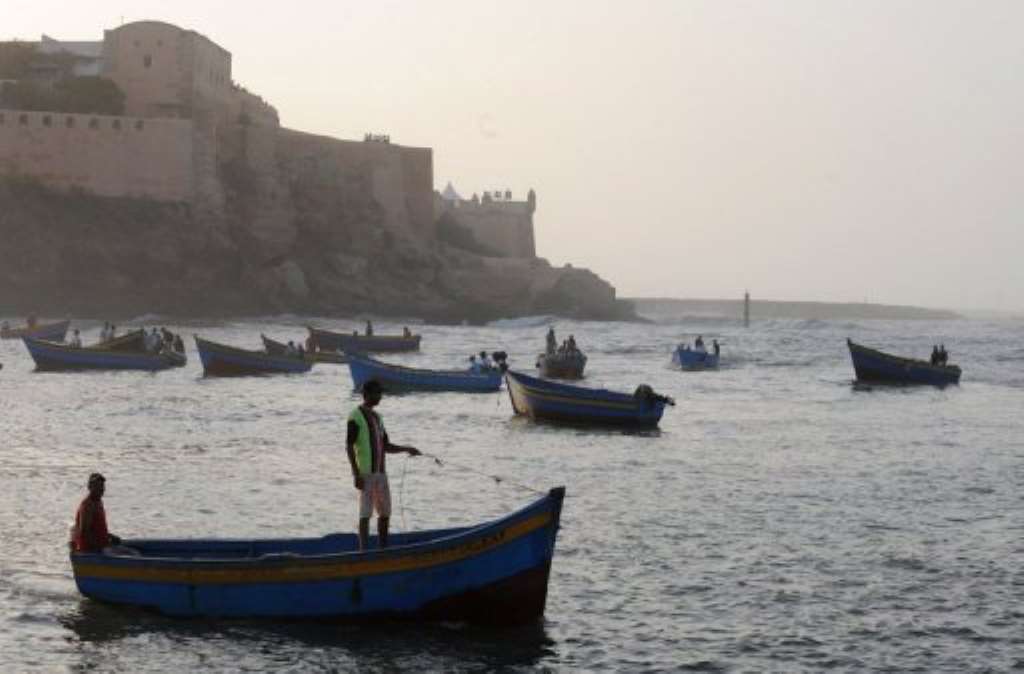
Fishing in Western Sahara
Western Sahara, or The Sahrawi Arab Democratic Republic
- It was once a Spanish colony, but also shares disputed areas with Morocco
- It has diplomatic relationships with 31 UN member states as well as being a full member of the African Union
- Capital - El Aaiún (claimed); Tifariti (de facto); Tindouf (capital-in-exile)
- Official languages - Arabic, Spanish
- Fun fact - Western Sahara is known for its rich fishing grounds off of its coasts and its phosphate reserves, a key ingredient in agricultural fertilizers and detergents.
Taiwan, or The Republic of China
- China (The People’s Republic of China) claims Taiwan, although there is a lot of tension in how much autonomy China grants to Taiwan in its representation
- Taiwan is recognized and has official diplomatic relationships with 14 UN members and the Holy See
- Capital - Taipei
- National languages - Formosan (indigenous) languages, Hakka, Hokkien, Mandarin, Matsu, Taiwan Sign Language
- Fun fact - Taiwan and the Ryukyu Islands of Japan have historically been part of both Japan and China.

It's hard to take these guys seriously. But the Vatican is all about super extra costumes.
Vatican City, or The Holy See
- Claiming its independence from Italy in 1929, it’s the only independent country to decline to be a part of the UN. The main reason is that the Pope doesn’t want to interfere with political decisions.
- It’s an observer member to the UN and holds diplomatic relationships with 180 members.
- Capital - Vatican
- Official languages - Italian
- Fun fact - There are no armed forces in the Vatican City, except that soldiers of the Swiss Guard traditionally have served as its military detail. [I once lost a trivia question on this about 10 years ago because the guy leading the trivia night didn’t know this, and even after I showed him that my answer was correct, he still wouldn’t give me the points, and I’m STILL salty about this.]

Olive trees in Palestine
Palestine
- Claims the West Bank and the Gaza Strip, has historically been a disputed area between Israel and Jordan, declaring themselves independent.
- Recognized by 138 UN members and is a non-member observer state of the UN
- Capital - Jerusalem (proclaimed); Ramallah (administrative center)
- Official Languages - Arabic
- Fun fact - Olives are so important to their culture that nearly 45% of the land is dedicated to growing olive trees. In fact, some olive trees are thousands of years old.
I’ve also been fascinated by the idea of what happens when countries declare their independence. As we found out by watching the Brexit debacle unfold, it takes a lot of planning and preparation to go out on your own. (Granted, the UK was already independent in this case, but leaving the EU on the basis of maintaining their discriminatory hiring practices was clearly a rash decision.) And there were a few states that put independence to a vote (sometimes, several times) that did not get enough required votes to make it happen. I alphabetized this list; the years correspond to years they voted on this measure.
- Aruba (from the Netherlands: 1977)
- Bermuda (from the United Kingdom: 1995)
- Bonaire (from the Netherlands: 1994, 2004)
- Cameroon (from France: 1958)
- Catalonia (from Spain: 2014, 2017)
- Central African Republic (from France: 1958)
- Chad (from France: 1958)
- Cocos (Keeling) Islands (from Australia: 1984)
- Comoros (from France: 1958)
- Curaçao (from the Netherlands: 1993, 2005)
- Dahomey (from France: 1958)
- Djibouti (from France: 1958, 1967)
- Falkland Islands (from the United Kingdom: 1986)
- Faroe Islands (from Denmark: 1946)
- French Polynesia (from France: 1958)
- Gabon (from France: 1958)
- Guam (from the United States: 1976, 1982)
- Ivory Coast (from France: 1958)
- Kosovo (from Yugoslavia: 1991)
- Kurdistan (from Iraq: 2005, 2017)
- Madagascar (from France: 1958)
- Mali (from France: 1958)
- Marshall Islands (from the United States: 1983)
- Mauritania (from France: 1958)
- Montenegro (from Yugoslavia: 1992)
- Nevis (from Saint Christopher-Nevis-Anguilla: 1977, 1998)
- New Caledonia (from France: 1958, 1987, 2018, 2020)
- Niger (from France: 1958)
- Northern Mariana Islands (from the United States: 1969)
- Palau (from the United States: 1983, 1984)
- Puerto Rico (from the United States: 1967, 1993, 1998, 2012, 2017)
- Quebec (from Canada: 1980, 1995)
- Republic of the Congo (from France: 1958)
- Saar (from France: 1955)
- Saba (from the Netherlands: 1994, 2004)
- Saint Pierre and Miquelon (from France: 1958)
- Scotland (from the United Kingdom: 2014)
- Seborga (from Italy: 1995)
- Senegal (from France: 1958)
- Sint Eustatius (from the Netherlands: 1994, 2005, 2014)
- Sint Maarten (from the Netherlands: 1994, 2000)
- South Brazil (from Brazil: 2016, 2017)
- Tokelau (from New Zealand: 2006, 2007)
- Trust Territory of the Pacific Islands [Micronesia] (from the United States: 1975)
- United States Virgin Islands (from the United States: 1993)
- Upper Volta (from France: 1958)
- Veneto (from Italy: 2014)
- Western Australia (from Australia: 1933)
- West Papua (from Indonesia: 1969)


No comments:
Post a Comment